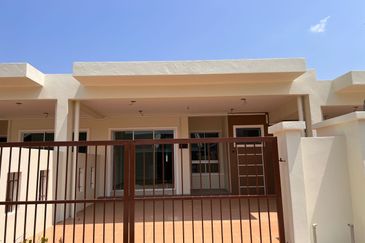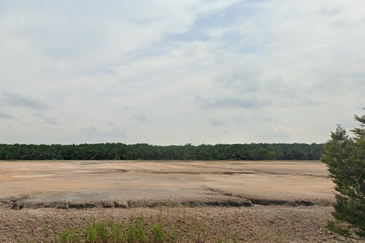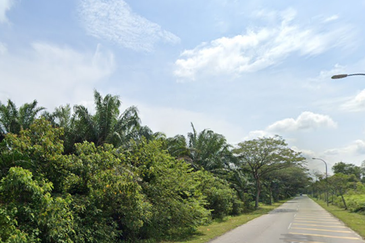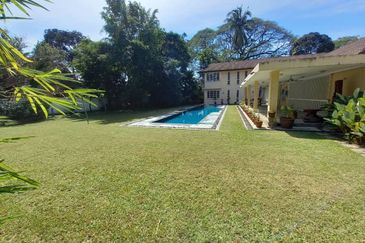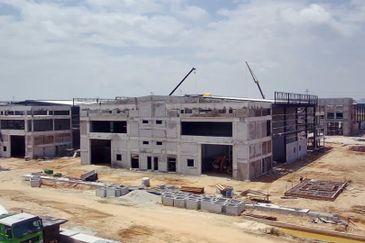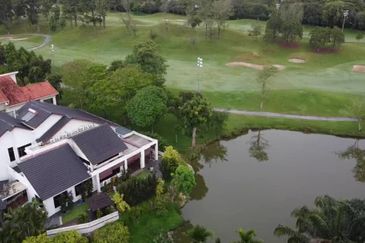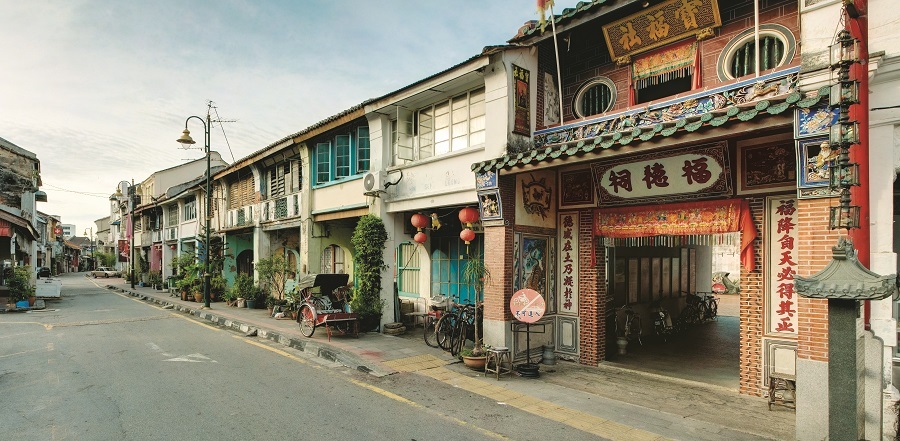
KUALA LUMPUR (July 9): Real estate experts cautioned against reintroducing rent control on heritage and pre-war properties in Penang, as it may drive up the cost of maintaining these properties, lowering their values and impacting tourism as a result.
Penang Chief Minister Lim Guan Eng said earlier that the state government is considering the reintroduction of rent control to curb rising rents of heritage properties.
According to Lim, the move would stop the gentrification that was driving locals away from pre-war houses in the core and buffer zones of the island’s heritage site.
“The enactment will be different from the repealed Rent Control Act 1966 as house owners can impose rental rates according to the market price, but it should not be an exorbitant increase,” Lim said at a press conference at Komtar on Monday.
The state government’s plan is to enable existing occupiers of heritage properties to afford to stay in these buildings, PA International Property Consultants (Penang) Sdn Bhd executive director Michael Loo tells TheEdgeProperty.com.
“However, [rent control] will definitely soften the prices of (heritage) properties, so buyers who are looking for rental returns may take a step back, but current occupiers who are paying low rents may be happy,” he said.
“I think the majority of tenants who are renting these heritage properties in Penang are local and foreign investors, including investors from Singapore,” he added.
It was reported in The Star that the pre-war property market in the heritage enclave could be overheating with foreign corporations “snapping them up by the rows” and causing rentals to skyrocket.
These properties could fetch more than five times their previous rents after some sprucing up, the daily reported.
According to Loo average price of pre-war properties at Chulia Street, Love Lane and Muntri Street has risen from RM800-RM1,000 psf in 2011 to RM1,800-RM2,000 last year.
He also pointed out that the new act may set back the development of the heritage area, and eventually impact the local tourism industry.
So, the state government needs to maintain a balance between their plans for rent control and the development of heritage sites, he added.
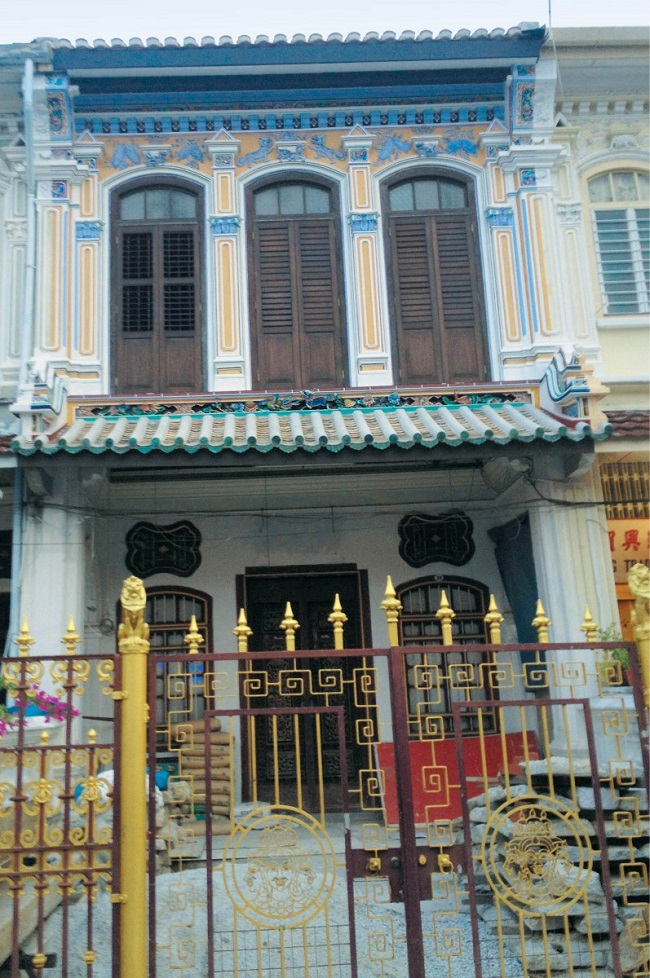
As the rent control act is a suppression of the rights of heritage property owners, Raine & Horne International Zaki + Partners senior partner Michael Geh hopes that all owners and stakeholders will be consulted by the state government before implementing the act.
The move by the Penang government is not necessary now as any restrictions will have an impact on future foreign investors looking at Penang in general, not just at the heritage area, said PPC International Penang Sdn Bhd executive director Mark Saw.
“We had stagnation from the previous rent control act, with properties being neglected by landlords as a result of low rental returns and the only people who benefitted were the tenants who sub-let the properties to make money,” he said.
“After the lifting of the Rent Control Act, we saw a renaissance in the inner city, with values appreciating as investors could see the potential and owners could cash out, which is how a free market economy works.”
Hence, Saw urged the state government to do an in depth study and any implementation will have to be carefully structured to ensure landlords and investors are not disadvantaged.
“Don’t rush into something like curbing investors to Penang because it could have a detrimental effect in the long term,” he concluded.
TOP PICKS BY EDGEPROP
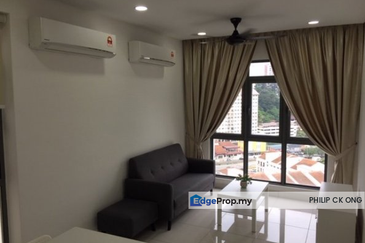
VIVO Residential Suites
Jalan Klang Lama (Old Klang Road), Kuala Lumpur
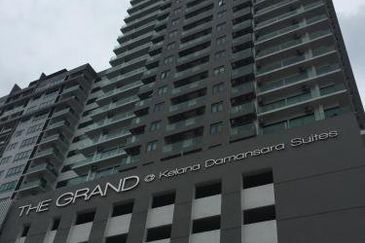
The Grand @ Kelana Damansara Suite
Kelana Jaya, Selangor
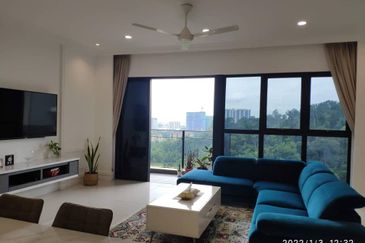
Secoya Residences
Pantai Dalam/Kerinchi, Kuala Lumpur
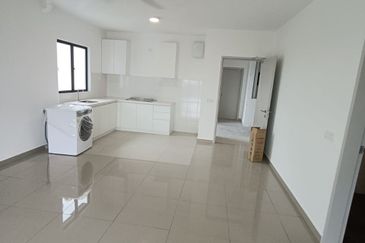
Duduk Huni @ Eco Ardence
Setia Alam/Alam Nusantara, Selangor
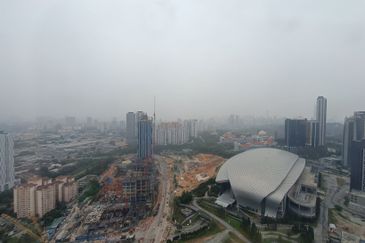
The MET Corporate Towers
Mont Kiara, Kuala Lumpur
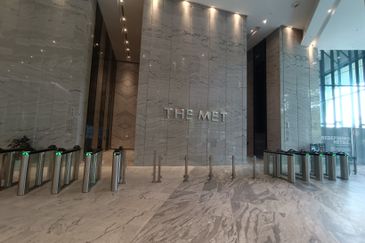
The MET Corporate Towers
Mont Kiara, Kuala Lumpur
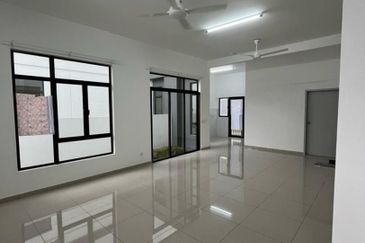
Regent Garden @ Eco Grandeur
Bandar Puncak Alam, Selangor

